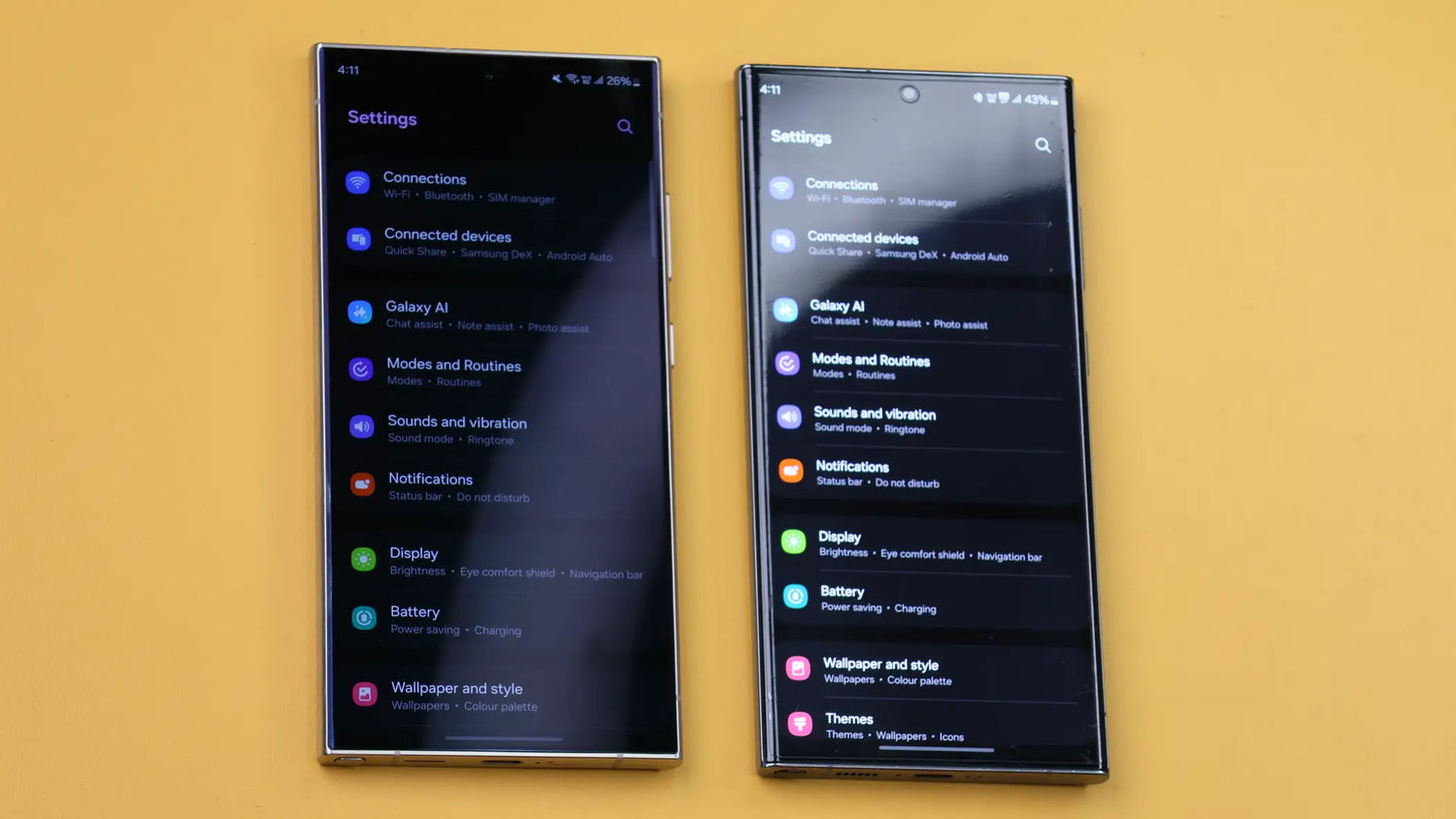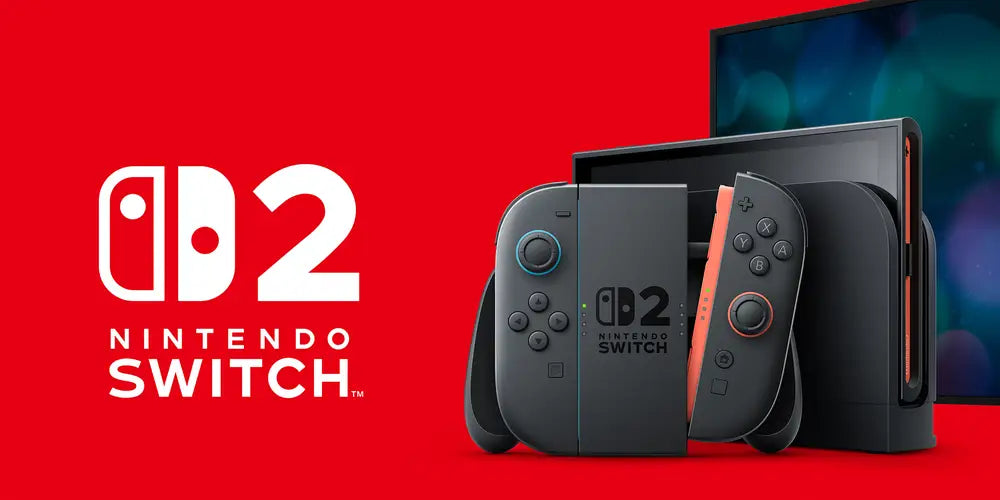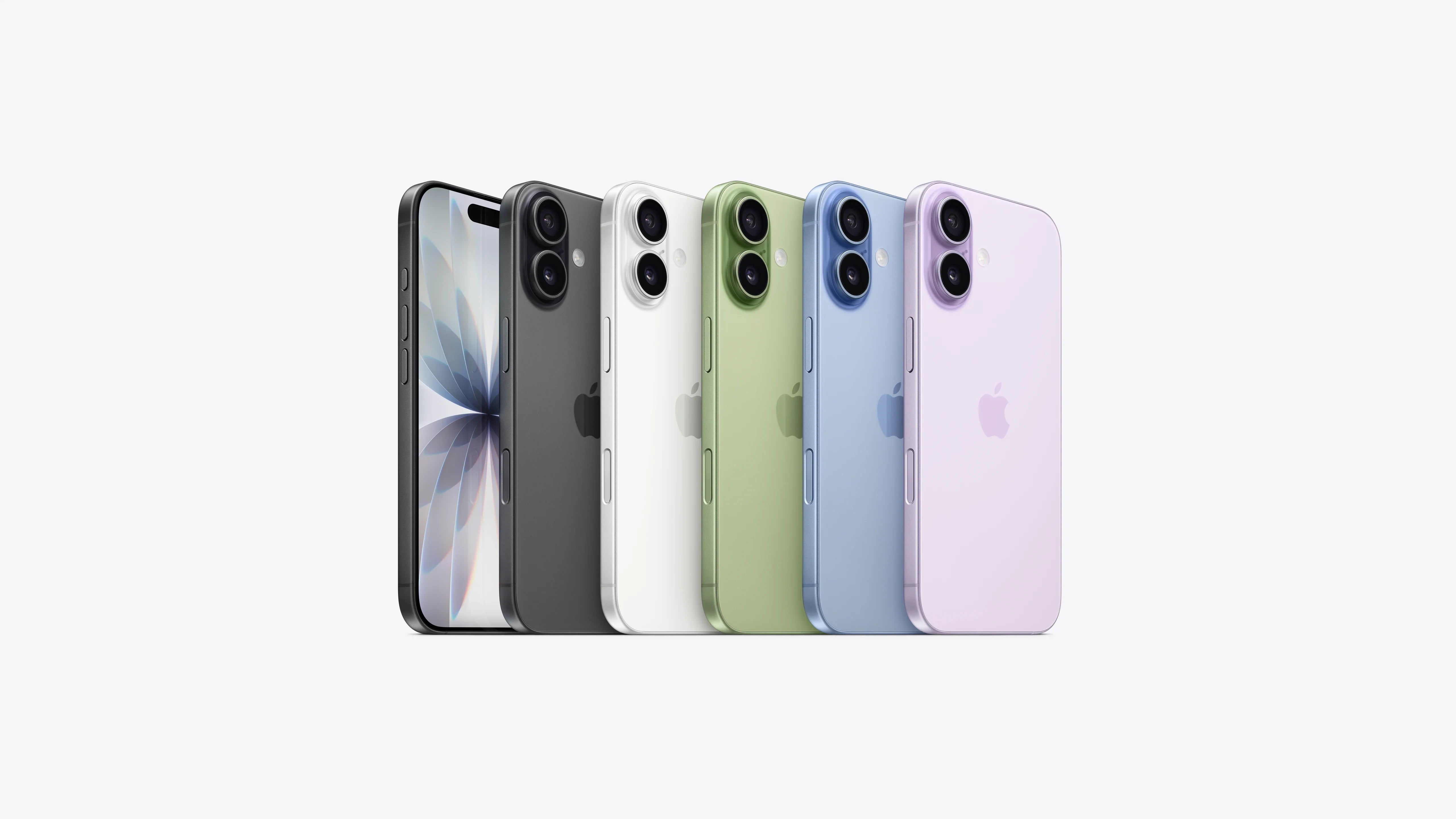Introduction: The Rise of AR Coating Technology
In today's era of ubiquitous smart devices, screen reflection has consistently plagued user experiences. Whether using smartphones under sunlight or operating tablets in bright environments, screen glare significantly impacts content visibility and overall user satisfaction. Against this backdrop, AR (Anti-Reflective) coating technology has emerged as an indispensable core technology for modern display devices.
AR coating technology is far more than a simple surface treatment process—it represents the perfect fusion of optical engineering and materials science. From Samsung Galaxy's breakthrough innovations to iPad's precision craftsmanship, and the technological revolution in professional screen protectors, AR coating is redefining how we interact with digital devices.
Scientific Principles of AR Coatings

The Mystery of Optical Interference
AR coating operates on the principle of optical interference phenomena. When light strikes a surface treated with AR coating, it generates two simultaneous reflections: one from the coating surface and another from the coating-substrate interface. By precisely controlling coating thickness and refractive index, these two reflected lights can create destructive interference, dramatically reducing overall reflectivity.
Multi-Layer Film Structure Design
Modern AR coatings typically employ multi-layer film structures, with each layer serving specific optical functions:
- Base Layer: Provides excellent adhesion to the substrate
- Intermediate Layers: Achieve gradual refractive index transitions
- Surface Layer: Delivers final anti-reflective performance and protective functionality
This precise layered architecture enables AR coatings to achieve superior anti-reflective performance across the entire visible light spectrum.
Materials Science Innovation
AR coating manufacturing involves a process called plasma deposition, which includes applying layers of materials like silicon oxide and niobium pentoxide onto glass, with layers so thin they're measured at the atomic level. This nanoscale precision manufacturing process ensures coating uniformity and consistent optical performance.
AR Coating Applications in Mainstream Devices
Samsung Galaxy: Gorilla Glass Armor Breakthrough
Samsung maintains industry leadership in AR coating technology. The latest Samsung Galaxy S25 Ultra features Corning Gorilla Armor 2, the industry's first anti-reflective glass-ceramic for mobile devices, with anti-reflective properties that significantly reduce surface reflection in both indoor and outdoor environments.

Technical Advantages of Gorilla Glass Armor
- 75% Reflection Reduction: Samsung's latest smartphones using Gorilla Glass Armor technology can reduce up to 75% of reflection, improving contrast under bright lighting conditions
- Enhanced Contrast: These features enhance display contrast, providing exceptional user experience across various lighting conditions
- Scratch Resistance: Combines anti-reflective functionality with superior mechanical strength
Galaxy Series Evolution
Starting with the Galaxy S24 Ultra, Samsung pioneered large-scale application of Gorilla Glass Armor technology in mobile devices. Samsung's Galaxy S24 Ultra uses Corning's Gorilla Glass Armor and has been the only device using this technology to date, establishing Samsung's leadership in anti-reflective display technology.
iPad: Apple's Precision Engineering
Apple extensively employs AR coating technology across its iPad product line, particularly in premium models. Enhanced anti-reflective coating is typically associated with high-end fully-laminated iPad screens, reflecting Apple's pursuit of ultimate display quality.
iPad AR Coating Characteristics
- Full Lamination Integration: AR coating combined with full lamination screen technology minimizes internal reflections
- Color Accuracy: Maintains original color accuracy while reducing reflection interference
- Touch Experience Optimization: Coating design considers touch operation fluidity
Significant User Experience Enhancement
The benefits of anti-reflective coating are exactly as the name suggests—it doesn't completely eliminate reflections but makes them much less noticeable, transforming white reflections into deep blue, dramatically reducing reflection impact.
iPhone: Challenges and Opportunities in Technology Development
iPhone has experienced some setbacks in AR coating technology application. Apple originally planned to use anti-reflective display coating on iPhone 17 Pro models but encountered issues in scaling up the display coating process, making this feature no longer planned for iPhone 17 Pro models.
However, market competition may prompt Apple to reconsider this technology. Apple might introduce similar features to keep pace with improvements Samsung has already launched, indicating the growing importance of AR coating technology in the mobile device sector.
Real-World Application Effects of AR Coatings
Outdoor Usage Experience Revolution
Using mobile devices under intense sunlight has always been a user pain point. AR coating technology application brings qualitative change:
- Improved Sunlight Readability: Significantly reduces screen glare, enabling clear reading even under direct sunlight
- Enhanced Contrast: Improves display contrast, providing exceptional user experience across various lighting conditions
- Reduced Eye Strain: Minimizes harmful reflected light, reducing eye fatigue during extended use
Indoor Environment Optimization
AR coatings play equally important roles in indoor environments:
- Artificial Lighting Reflection Control: Effectively reduces indoor lighting reflections on screens
- Enhanced Visual Comfort: Creates more comfortable visual environments
- Improved Content Clarity: Text and images display more clearly and sharply
New Standards in Professional Screen Protection: Protescreen AR+ Series
Learn more: Protescreen AR+ Series iPad Paper-texture screen protector
Learn more: Protescreen AR+ Series Switch 2 screen protector
While mainstream device manufacturers have achieved significant progress in AR coating technology, professional-grade screen protection solutions remain indispensable for users pursuing ultimate display performance. Protescreen AR+ Series represents the highest technical standards in current screen protector technology.
Technical Advantages Beyond Factory Standards
Comprehensive Optical Performance Enhancement
Protescreen AR+ Series employs multi-layer AR coating technology, offering these advantages over factory coatings:
- Lower Reflectivity: Achieves lower reflectivity than factory coatings through optimized multi-layer film structure
- Broader Spectral Coverage: Maintains superior anti-reflective performance across the entire visible light spectrum
- Enhanced Color Reproduction: Preserves original color accuracy without color shift
Innovative Materials Science Applications
- Japanese Imported Optical Materials: Uses premium optical-grade substrates ensuring excellent light transmission
- Nanoscale Coating Processes: Employs advanced nanocoating technology for atomic-level precision control
- Multi-functional Composite Coatings: Integrated coating design combining anti-reflection, anti-fingerprint, and blue light filtering
Exceptional Performance in Real Applications
Professional Work Environments
For professional users like designers, photographers, and video editors:
- Color Accuracy Guarantee: AR coating doesn't affect color precision
- Detail Clarity: Reduces reflection interference, ensuring every detail displays clearly
- Extended Work Comfort: Significantly reduces visual fatigue
Mobile Office Scenarios
In various mobile office environments:
- Airports/Coffee shops: Maintains screen readability in complex lighting environments
- Outdoor Work: Normal device operation even under direct sunlight
- Meeting Presentations: Avoids projector light reflections on screens
Entertainment Consumer Experience
In daily entertainment use:
- Video Viewing: Reduces environmental light impact on images
- Gaming Experience: Prevents reflected light from affecting game operations
- Reading Comfort: Significantly improved eye comfort during extended reading
Technical Specifications and Performance Parameters
Optical Performance Indicators
- Reflectivity: ≤0.5% (visible light spectrum)
- Light Transmission: ≥95% (550nm wavelength)
- Haze Value: ≤1%
- Color Shift: ΔE≤2 (virtually imperceptible)
Mechanical Performance Indicators
- Surface Hardness: 9H (Mohs hardness)
- Impact Resistance: Passes 3-meter drop test
- Wear Resistance: 10,000 pencil scratch test cycles
- Service Life: 3-5 years normal use
Future Development Trends in AR Coating Technology
Innovation Directions in Materials Science
- Ultra-low Reflection Materials: Developing new materials with even lower reflectivity
- Self-cleaning Functionality: Integrating photocatalytic self-cleaning technology
- Smart Responsive Coatings: Automatically adjusting optical performance based on ambient light
Expansion of Application Fields
- Automotive Displays: AR coating applications in vehicle display systems
- AR/VR Devices: Optical optimization for virtual reality equipment
- Industrial Displays: Display solutions for special environments
Manufacturing Process Optimization
- Cost Control: Reducing production costs through process improvements
- Large-scale Production: Achieving more efficient batch production
- Customized Solutions: Customizing coating parameters for different application needs
Purchase Guide and Selection Recommendations
How to Choose Suitable AR Coating Products
Device Compatibility Considerations
- Size Accuracy: Ensuring perfect match with device screens
- Curved Surface Adaptation: Special designs for curved screen devices
- Sensor Compatibility: No interference with fingerprint recognition, facial recognition functions
Usage Requirements Analysis
- Professional Applications: Choose products with higher color accuracy
- Outdoor Use: Focus on anti-reflective performance
- Extended Use: Select products with comprehensive eye protection features
Cost-Benefit Assessment
- Initial Investment vs Long-term Benefits: Consider product lifespan and protective value
- Feature Requirements vs Price: Choose appropriate feature configurations based on actual needs
- Brand Reputation vs Product Quality: Select brands with technical capability and service guarantees
Protescreen AR+ Series Purchase Advantages
Technical Assurance
- Patent Technology: Holds multiple AR coating-related patents
- Quality Certification: Passes multiple international quality standard certifications
- Technical Support: Provides professional technical consulting services
Service Guarantee
- Installation Guidance: Provides detailed installation guides and video tutorials
- After-sales Service: Comprehensive after-sales service system
- Quality Assurance: Free replacement policy for product quality issues
Conclusion: The Value and Future of AR Coating Technology
AR coating technology, as an important component of modern display technology, is profoundly changing how we interact with digital devices. From Samsung Galaxy's Gorilla Glass Armor breakthrough to iPad's precision engineering, and the technological innovation in professional screen protectors, both the application scope and technical level of AR coating technology continue to advance.
For users pursuing ultimate display performance, Protescreen AR+ Series represents the highest standards in current screen protection technology. Its advanced multi-layer AR coating technology, exceptional optical performance, and reliable protective effects make it an ideal choice for both professional users and general consumers.
As display technology continues evolving and user demands increasingly rise, AR coating technology will undoubtedly play important roles in more fields. Investing in high-quality AR coating screen protection is not only device protection but a comprehensive upgrade to visual experience. Choosing Protescreen AR+ Series means choosing professionalism, quality, and the future.





Commenta
Questo sito è protetto da hCaptcha e applica le Norme sulla privacy e i Termini di servizio di hCaptcha.